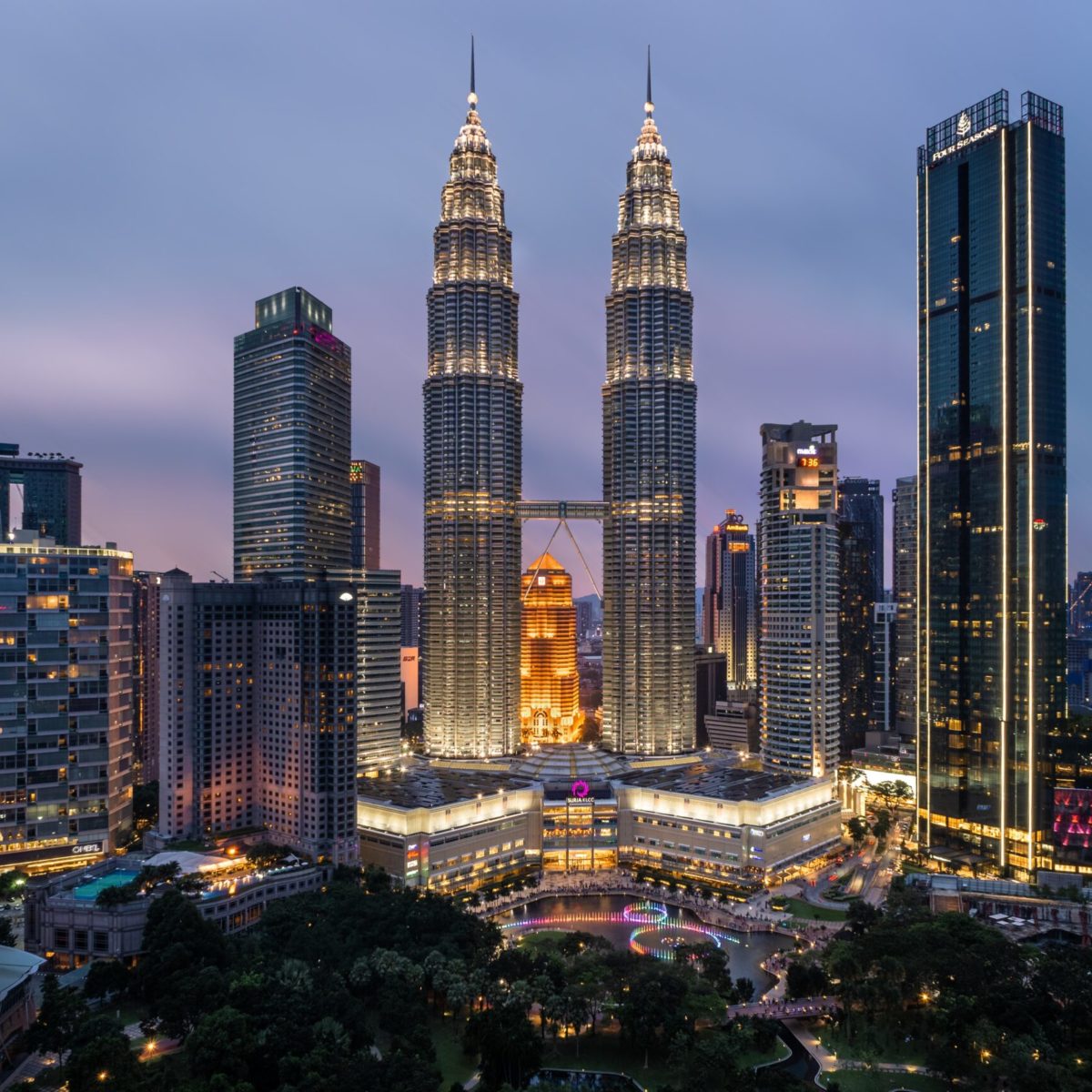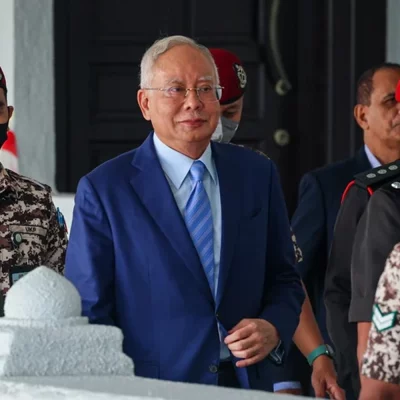IN a recent article on LinkedIn, the former Central Bank of Malaysia deputy governor of the Central Bank of Malaysia and former Khazanah Nasional Bhd independent director Sukudhew (Sukhdave) Singh portrayed Malaysia as a nation in disarray, attributing the turmoil in a dystopian future solely to the extremists.
He envisioned a bleak future for Malaysia, anticipating a struggling economy burdened by inflated pensions and diminished opportunities, especially as the Chinese and Indians emigrate in large numbers.
He began the missive with the alleged mistreatment of both the Chinese and Indian communities, saying their below-replacement-level birth rates, particularly among the Indians with the highest mortality rate, will lead to negative growth of these communities in Malaysia in the next two decades.
He also pointed out that a growing Malaysian diaspora will contribute to the reduction in the size of these communities in the country.
“The contributions of the Chinese and Indians to the Malaysian economy have never been appreciated by most of the Malay majority. Poorly educated Malay academics, religious scholars and politicians continue to make outlandish claims against these communities.”
Moreover, he said that for the Chinese and Indians, the diminishment of their numbers would reduce their political and economic influence.
“The Indians are already feeling it with some Malay politicians feeling very comfortable taking potshots at the community,” referring to recent race-based controversies, including the assertion by former premier Tun Dr Mahathir Mohamad that Indians and Chinese were not completely loyal to Malaysia.
“What will be the consequences of this long-term demographic trend for Malaysia and the Malays?
“Perhaps, when their Chinese and Indian neighbours are gone, the Malays will miss the multi-ethnic richness of Malaysia’s past. They may miss the fact that Chinese New Year, Christmas, Diwali, Wesak and Thaipusam are no longer public holidays. Or perhaps they will rejoice at their political and religious hegemony,” he wrote.
He added, perhaps sarcastically, that there will be no more worries about non-halal food anywhere in Malaysia.
He then paints a gloomy picture for Malaysia, a country with only the Malays dominating the population.
“Even if the Malays rejoice at the mono-religious nature of Malaysia, that would be about the only thing they have to cheer about. Other things happening around them will not give them much reason for celebration.”
To begin with, he said the NEP (new economic policy) will collapse when the economy can no longer support this burden of privileges, especially when the non-Malays are no longer around to carry a large part of that burden.
Indeed, with fewer Chinese and Indians, there will be little need or none at all for vernacular schools and if this is what the nationalists wished for, it will be a victory for them but everybody left behind in the country would be subject to the “same mediocre public education”.
Furthermore, he also stated that economic ties with China and India will likely deteriorate with the chances that other dynamic regional economies providing more attractive trade and investment destinations than Malaysia become a reality.
“Public debt is likely to continue to climb given the lack of political will over decades to address the core issues undermining fiscal sustainability.”
The retired civil servants will find that the pensions they were promised will be far less than they expected, while their children will not be earning enough to take care of everything.
“With the economy in shambles, daily life a constant struggle, many may ask questions about how is it possible that Malaysia could reach this dismal state.”
Source : Focus
The Coverage Malaysia






